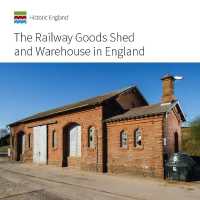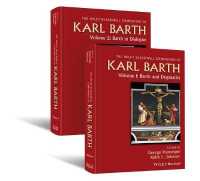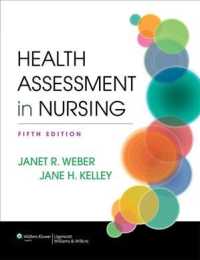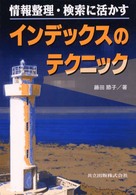Full Description
The Russian invasion of Ukraine reignited discussions on London's property and financial markets as prime destinations for the spoils of kleptocracy and other forms of corrupt wealth. Unexplained Wealth Orders and the United Kingdom's Anti-Corruption Regime uses the introduction and operation of the Unexplained Wealth Order (UWO) mechanism—which targets foreign senior public officials, their families and their close associates (collectively referred to as 'politically exposed persons' or 'PEPs')—as a prism through which to contextualize and critique the United Kingdom's under-scrutinized anti-corruption regime insofar as it relates to the proceeds of overseas official corruption.
Grand corruption involves political elites or their close associates using their power and connections to misappropriate state assets. In theory, the UWO holds enormous potential as an anti-corruption device because it allows law enforcement authorities to seize the UK-based proceeds of overseas corruption and to return those assets to the citizens of the states in which the assets originated. In practice, it has not lived up to its promise. Employing doctrinal, socio-legal and theoretical methods, this book subjects the United Kingdom's legal and policy responses to overseas grand corruption including the PEP-specific UWO to scrutiny, evaluates the strengths and weaknesses of those responses, highlights further options available to recover the proceeds of corruption, and considers options for future reform.
This is an open access title available under the terms of a Creative Commons Attribution Non Commercial No Derivatives 4.0 International licence (CC BY-NC-ND 4.0). It is free to read on the Oxford Academic platform and offered as a free PDF download from OUP and selected open access locations.








